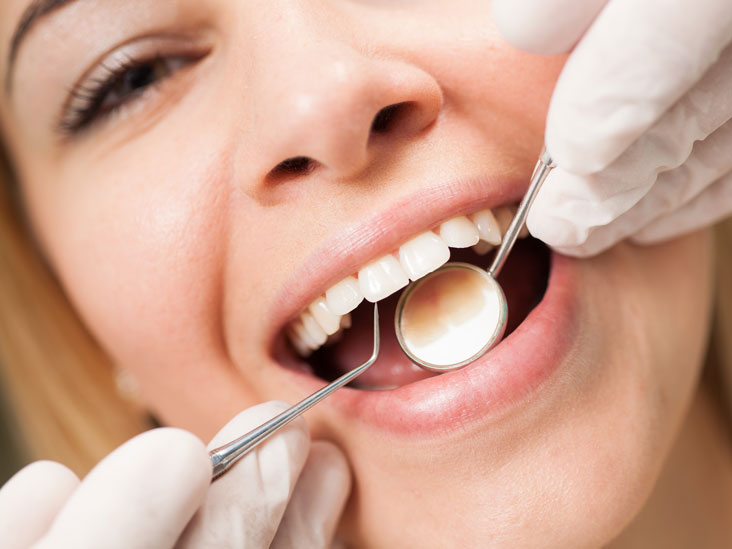Regular dental cleanings form the foundation of preventive oral care. These routine procedures help maintain healthy teeth and gums while preventing more serious dental conditions from developing. Understanding what occurs during a professional teeth cleaning can help you prepare for your appointment.
What Is a Teeth Cleaning?
A professional teeth cleaning is a preventive dental procedure performed by a licensed dental hygienist or dentist. The treatment removes plaque, tartar, and surface stains that cannot be eliminated through regular brushing and flossing at home. This procedure differs from routine home care because it uses specialized instruments and techniques to access areas that are difficult to clean independently.
The cleaning process targets both visible tooth surfaces and areas below the gum line where bacteria commonly accumulate. Professional cleaning addresses the mineralized plaque, known as tartar, which forms when plaque hardens and bonds to tooth enamel. Once tartar develops, only professional removal can effectively eliminate it.
What Does It Entail?
The process typically begins with a comprehensive examination of your mouth, teeth, and gums. Your dental hygienist will use a small mirror to inspect all areas of your mouth and identify any notable areas before beginning the cleaning procedure. Plaque and tartar removal represents the most substantial portion of the cleaning appointment. The hygienist uses a scaling instrument to carefully remove deposits from tooth surfaces and along the gum line.
The final step involves professional flossing to remove any remaining debris and polish residue from between your teeth. Some appointments may include fluoride treatment, which strengthens tooth enamel and provides additional protection against decay. The hygienist applies fluoride to your teeth, allowing it to remain in contact with tooth surfaces to achieve the desired absorption.
What Are the Benefits?
Professional teeth cleaning provides multiple health benefits that extend beyond aesthetic improvements. Regular cleanings remove bacterial buildup that can lead to tooth decay and gum disease, two of the most common oral health problems affecting adults. Maintaining good oral health through regular cleanings may also contribute to overall health outcomes.
The procedure helps prevent gingivitis, the early stage of gum disease characterized by inflammation and bleeding of the gums. By removing irritating plaque and tartar, professional cleaning allows gum tissues to heal and return to a healthy state. This preventive approach can prevent the progression to more severe periodontal disease.
Teeth cleaning also contributes to fresher breath by eliminating odor-causing bacteria that accumulate in hard-to-reach areas. Patients may notice an improvement in breath quality following their cleaning appointments. The removal of surface stains during polishing can also brighten your smile and boost your self-image.
How Often Should You Schedule One?
Most dental professionals recommend scheduling teeth cleanings every six months for patients with healthy gums and low risk factors. This frequency allows for adequate plaque and tartar removal while providing regular monitoring of your oral health status. Certain individuals may benefit from more frequent cleanings based on their specific risk factors and oral health needs. Your dental team will assess your individual needs and recommend an appropriate schedule.
Keep Your Smile Healthy
Professional teeth cleaning represents a straightforward yet effective approach to maintaining oral health. The procedure removes harmful deposits that cannot be eliminated through home care alone while providing opportunities for early detection of potential problems. Schedule your next professional teeth cleaning appointment to maintain your oral health. Your dental team can provide personalized recommendations based on your individual needs and help you establish an effective preventive care routine.









